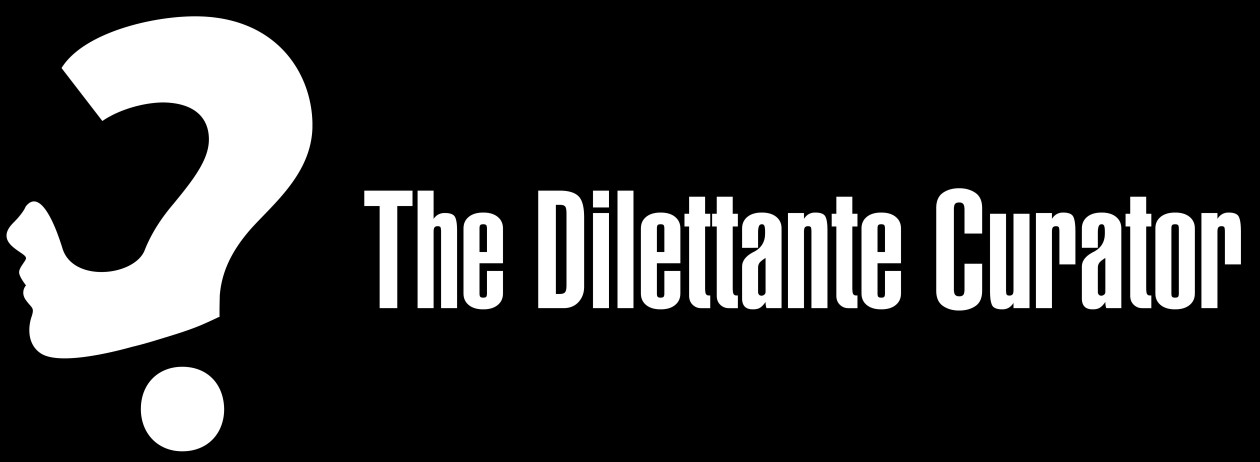He was the greatest artist of all time (Mona Lisa, The Last Supper). The first to conceptualize the helicopter, the parachute, the flying machine, scissors. His early designs of the mechanical knight are considered the beginnings of modern-day robotics. After a plague struck Milan, he turned to urban design. He was a sculptor, costume designer and mathematician. In addition he studied philosophy, natural history, acoustics, anatomy, optics. The list goes on and on.(http/:www.da-vinci-inventions.com)
Leonardo da Vinci is the name that comes first to mind when we think of a multi-talented genius.
Polymath, Renaissance Man, Polyhistor. These are people whose knowledge and expertise spans several unrelated fields. With their depth and extent of knowledge, they are almost superhuman.
But it is now argued that the age of the polymath is over. And they cannot exist in the modern world (https/:www.1843magazine.com:content:edward-carr:last-days-polymath)
Is it that the conditions of the Renaissance created the typical “renaissance man”? Europe was coming out of the Dark Ages and printing was just invented. The body of knowledge in every field was limited, and most people were illiterate. Add to this the privileges of the aristocracy and clergy. They did not have to worry about making a living and were exposed to the finest things the world had to offer. Importantly, there was a cachet to being .a well-rounded and “educated” gentleman (yes, they were mostly men).
It is all very different today. Every discipline is so very specialized and rapidly evolving the just staying abreast can be a full-time endeavor. Time is at a premium. If we were to take Malcolm Gladwell’s argument that it takes 10,000 hours of dedicated and committed practice to be world-class at anything, it would take 5 years of forty-hour weeks to master one subject or skill. And then to find time to absorb other subjects outside of one’s livelihood! One of the reasons to give tenure ship to academics is to give them income security for life. But between teaching duties, research, mentoring, travel, seminars and administrative responsibilities, they are fully occupied just staying on top of their own subject.
Thanks to the Internet, the world’s knowledge is available at one’s fingertips (literally!). With curiosity and some application, it is possible to know a little about a lot. And there are many such general knowledge geeks, walking Wikipedias, dabblers and dilettantes (yours truly aspires to be one of such!).
But we if we were to take Da Vinci as the ideal, we could define a Polymath as one who has proven world-class abilities and knowledge in two or more unrelated fields. One who has wide knowledge as well as deep expertise. And who has made original and path-breaking contributions in each of these. Not just know a lot but do a lot.
Brian May is the founder and lead guitarist of the band Queen, which was considered one of the leading bands for almost two decades. He has been polled the 7th greatest guitarist of all time. What is less known is that after a 30-year hiatus he returned to complete his thesis in astrophysics titled “Radial Velocities in the Zodiacal Dust Cloud”. And for 5 years until 2013, he was the Chancellor of Liverpool John Moores University.
Today, we need polymaths more than ever. Many of our complicated problems cannot be solved using the disciplines of a single subject. Multi-dimensional-ism may hold the answer. Take the instance of Talks at Google: Over the last decade over 4,000 people, from chefs to opera singers to journalists, scientists – you name it, have spoken and this is shared with the world on YouTube. (https://talksat.withgoogle.com/about). The intention is to get an insight into how different minds think and perhaps apply some of that to the problems we are trying to solve.
Artificial intelligence and deep learning are buzzwords today and research is bringing together neuroscience, cognitive psychology, machine learning, natural language/ linguistics, computer vision, and mathematics
Artificial neural networks are in development that mimic the brain, with the ability to store so much more data than is humanly possible. https://www.wired.com/2013/12/165191/. To keep up with the machine we need to think differently and re-look at our education systems. Change the paradigm of knowing more and more about less and less – do not get bogged down be the straitjackets of one discipline – open up and become the true renaissance person.


Interesting article! Thanks for sharing!